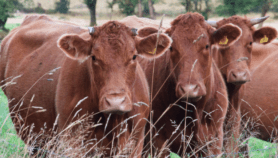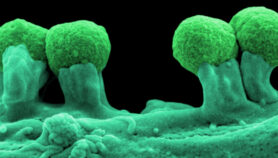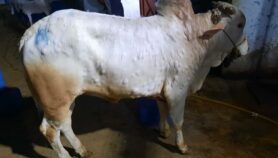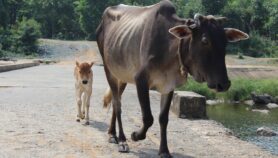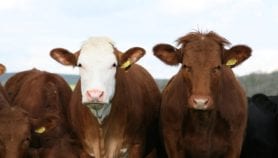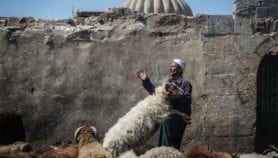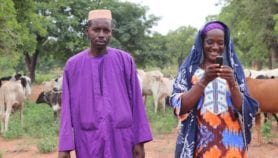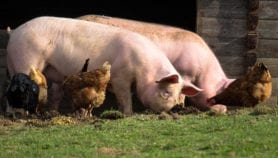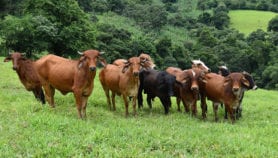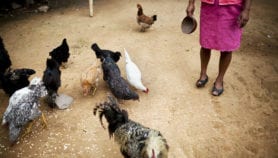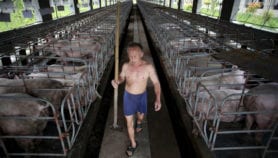By: Imelda V. Abaño
Send to a friend
The details you provide on this page will not be used to send unsolicited email, and will not be sold to a 3rd party. See privacy policy.
[MANILA] The discovery that pigs are a host for a member of the Ebola virus family has sparked fears of an emerging health threat.
Cases of Reston Ebola virus (REBOV) found in pigs in the Philippines are "of concern", according to researchers who published their findings in Science last week (10 July).
The virus has previously been detected in humans and primates and is known to cause disease only in non-human primates. It was first detected in 1989 in laboratory monkeys sent from the Philippines to Reston, Virginia, in the United States.
Magdalena Cruz, chief of the Philippine Animal Health Center at the Bureau of Animal Industry and co-author of the study, says that, although the virus appears to pose a low risk to humans, it could mutate in the pigs to become more dangerous.
"We are alarmed about this situation in the swine population," Cruz told SciDev.Net.
The Philippine government closed two farms and took blood samples from 6,500 pigs and 50 workers after an unidentified pathogen caused illness in pigs in 2008.
In October a US laboratory test confirmed the presence of REBOV in some of the pigs and six people tested positive for the virus. The people had come into contact with the pigs but none suffered illness.
The virus could have been transmitted to both monkeys and swine from an as yet unknown host — possibly bats as implicated with other filoviruses (see Scientists find more signs of bats’ role in Ebola), say the scientists, as genetic differences suggest REBOV has been circulating in pigs for at least as long as in monkeys.
Cruz says that the government should implement rapid reporting of sick pigs and prevent the sale of illegally slaughtered meat to curb virus spread among the pig population.
Both scientists and the government are carrying out surveillance of the swine population. "We cannot really say for now how this virus mutates. There are no vaccines yet for humans or for animals against this virus," says Cruz.
Philippine senator Richard Gordon said in a statement that all countries have a role to play in containing the virus but it is twice as hard for the Philippines because of its weak research and development capability.
"The emergence of new diseases or the development of stronger strains of previously known diseases is now posing a big problem," he said.
Link to paper in Science


